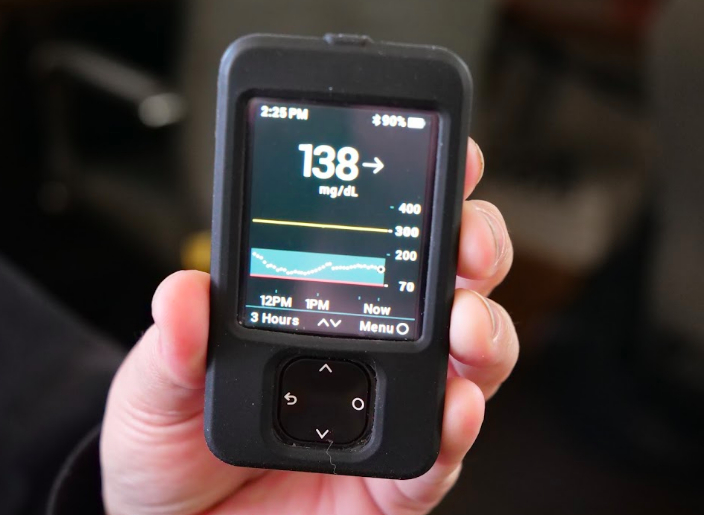By: Molly Balison
Word on the Street Issue 49, November 2024
…

David Burton remembers being a scared 4 year old waking up in the middle of the night gasping for air. His parents rushed him to the hospital and watched their little boy slip into a 10-day coma due to his blood sugar dropping drastically low. David has no recollection of what else happened, but he left with a type 1 diabetes diagnosis. This chronic disease destroyed his body’s ability to automatically manage his blood glucose levels — a permanent reminder of how his life was altered.
Before living at the shelter, Burton got kicked out of his home, then moved in with his Uncle, but it was worse living conditions. He also didn’t have transportation to and from appointments and sometimes didn’t have the energy to get himself there.
His life was on the line again as a teenager when he slipped into diabetic ketoacidosis after his body didn’t have enough insulin to help sugar be converted to energy. He was life-flighted to the hospital.
“It’s the fear of going to bed and not knowing if you’re going to wake up because you don’t know what’s going to happen to your blood.” He said, “It put so much fear in me that I went ‘you know what’ I need to change things.”
Burton and his doctor decided it was best for his health and longevity to move into a shelter. At Interfaith Sanctuary, Burton was met with compassion and was encouraged to join Programs like Project Well Being that would not only better his physical, but mental health too. Making his home in the shelter wasn’t without its challenges.
The diabetic had trouble storing his insulin in the shelter refrigerator because it kept going missing. He now keeps his insulin on his bed unrefrigerated to keep it safe from people who might try to steal it and sell it.
He might not want to eat, but tries to give his body what it needs. “I force myself to eat because I have to,” he said. “Whenever I get paid I try to reserve it for food. But it doesn’t last long because we can’t store food here.”
Now at 20 years old, diabetes is a natural part of Burton’s day. “I see everyone else having fun, enjoying themselves, doing what they want to do and it’s ‘oh yep, I gotta go to bed, take insulin, wake up, take insulin.” he said.
He might struggle to remember to take insulin or not feel like taking care of himself some days, he’s able to self regulate he can feel where his blood sugar is. When his blood sugar is skyrocketing and he needs insulin to bring it down to a normal range, his muscles feel fatigued and he gets irritable and experiences migraines. When his blood sugar is low and he needs a snack high in carbohydrates and sugars, he feels weak and shaky and his legs go numb. It’s become the natural rhythm of his daily routine.
Sometimes, others don’t understand what it’s like having their life dependent on checking numbers. Burton remembers a teacher in high school who ripped the digital pump showing his blood glucose levels attached to his body off of him thinking it was a phone. He resorted to giving himself insulin shots everyday so he wouldn’t risk himself or others hurting him.
“I don’t wish it on my greatest enemy. It’s the one thing that can’t be cured,” he said.
Burton finds comfort in talking to Nicki Vogel, Director of Project Well Being who is a mom of a 15 year old daughter with type 1 diabetes. The two share advice and knowledge about the disease their lives are forever intertwined with.
“I don’t know if I’ve ever slept through a whole night because now my body naturally wakes up and I look at her numbers in the middle of the night.” Vogel said. “It becomes such a part of life.”
Vogel is an understanding voice of compassion for people like Viola Crowley to confide in about the struggles of diabetes.
Crowley was diagnosed with type 2 diabetes in her 30s. Misconceptions about the disease that runs in her family follows her throughout the day and into the doctor’s office. One doctor told her to watch what she eats, and took away her insulin prescription. In disbelief, Crowley reasons with people who mistreat that once she’s diagnosed, she will always be diabetic and need insulin to manage it.
“I would rather people ask to understand…because I’d rather someone know something than walk around wondering,” she said.
Diabetes is a life-altering, terminal disease. Individuals like Viola and David who carry this burden in their blood sugar on a daily basis coupled with the challenges of experiencing homelessness require resilience.
Every day is a struggle, but also another chance to live. So they keep fighting.
